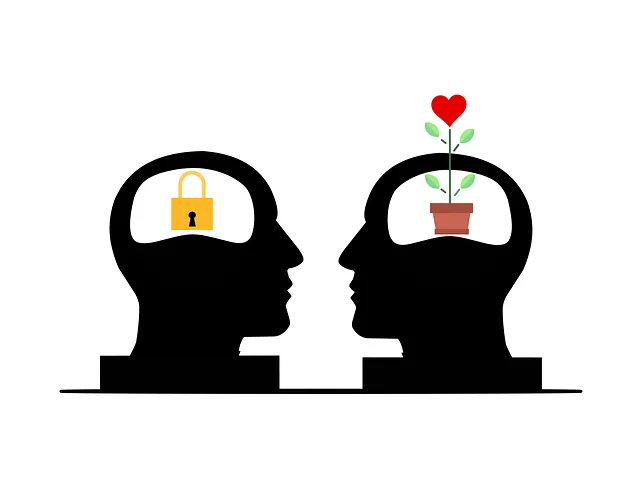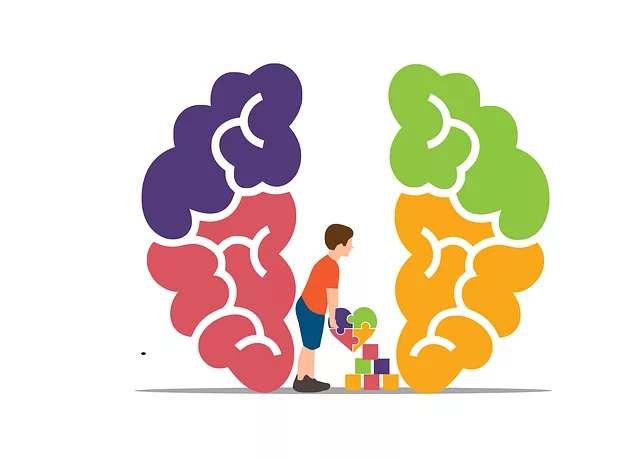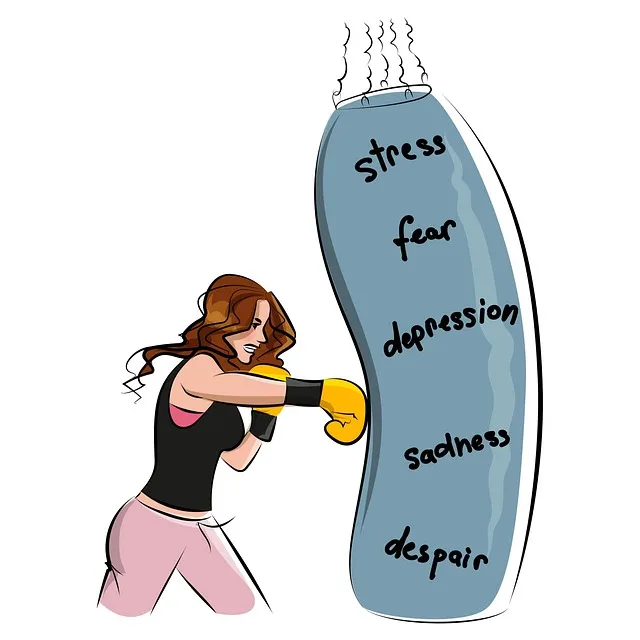Kaiser Permanente Mental Health Centers in Centennial prioritize group facilitation for mental wellness, leveraging peer support networks and structured activities. Trained facilitators create safe spaces, encouraging open communication and stress management tools through mindfulness meditation and self-care practices. Trauma-informed care ensures effective session outcomes, as evidenced by positive Kaiser Permanente mental health center reviews in Centennial. Continuous improvement measures success using pre-post assessments and feedback, ensuring resilience building and skill development.
Mental wellness group facilitation plays a pivotal role in enhancing therapeutic outcomes, as evidenced by practices at renowned institutions like Kaiser Permanente Mental Health Center. This article delves into the art and science of group facilitation techniques, exploring their impact on vulnerable individuals. From creating safe spaces to empowering participants, we dissect strategies employed at such centers, drawing insights from real-world examples, including a comprehensive review of Kaiser Permanente’s approach and measurable successes achieved at Centennial.
- Understanding Group Facilitation in Mental Health Care
- The Role of a Facilitator at Kaiser Permanente Mental Health Center
- Creating a Safe and Supportive Environment for Participants
- Techniques to Engage and Empower Group Members
- Measuring Success: Evaluating the Impact of Group Facilitation Programs at Centennial
Understanding Group Facilitation in Mental Health Care

In the mental wellness landscape, group facilitation plays a pivotal role, especially in centers like Kaiser Permanente mental health centers in Centennial. This collaborative approach to therapy facilitates healing and growth through shared experiences and support networks. Group facilitation techniques are designed to create a safe, supportive environment where individuals can openly discuss their challenges and victories, fostering understanding and empathy among peers.
Effective group facilitation goes beyond simple conversation. It incorporates diverse communication strategies, including active listening, non-verbal cues, and structured activities. Trauma support services often form the backbone of these sessions, helping participants process and overcome past traumas while promoting resilience. Mindfulness meditation is another powerful tool used to enhance self-awareness, regulate emotions, and cultivate a sense of calm within the group dynamic.
The Role of a Facilitator at Kaiser Permanente Mental Health Center

At Kaiser Permanente Mental Health Center in Centennial, facilitators play a pivotal role in creating supportive and therapeutic environments for individuals seeking mental wellness support. Their primary responsibility is to guide group sessions designed to enhance emotional well-being, address specific challenges like depression prevention, and ultimately boost participants’ confidence. Facilitators are trained professionals who employ various techniques to facilitate open communication, ensure every voice is heard, and foster a sense of community within the group.
Through skilled facilitation, these centers encourage active participation, sharing of experiences, and peer-to-peer learning, all of which contribute to improved mental health outcomes. By facilitating discussions on coping strategies, stress management, and self-care practices, facilitators empower individuals with practical tools for maintaining and promoting their emotional well-being. This supportive framework is particularly crucial in a city like Centennial, where mental health center reviews consistently highlight the need for accessible and effective group therapy sessions.
Creating a Safe and Supportive Environment for Participants

Creating a Safe and Supportive Environment is paramount for effective Mental Wellness group facilitation. At Kaiser Permanente mental health centers in Centennial, this begins with establishing an atmosphere where participants feel comfortable expressing their experiences without fear of judgment. Facilitators should model active listening and empathy, ensuring every voice is heard and respected. Utilizing non-verbal cues and open body language further reinforces a welcoming environment. Incorporating icebreakers and interactive activities can help build trust among group members, fostering a sense of community.
Trauma Support Services are integral to this process, as many individuals may have complex emotional responses. Facilitators should be trained in trauma-informed care, employing communication strategies that promote safety and validation. By creating a safe space, facilitators enable participants to share their mental health journeys openly, encouraging peer support and connection. This inclusive environment is crucial for enhancing participation and the overall effectiveness of group therapy sessions, as evidenced by positive Kaiser Permanente mental health center reviews Centennial.
Techniques to Engage and Empower Group Members

In facilitating mental wellness groups at the Kaiser Permanente mental health center in Centennial, engaging and empowering group members is key to creating a supportive environment for open dialogue and skill development. One effective technique involves encouraging active participation through interactive activities that promote self-reflection. This can include sharing personal experiences related to coping skills development or practicing mindfulness meditation exercises together as a group. Such practices foster a sense of community and encourage members to support one another, enhancing the overall therapeutic experience.
Additionally, facilitators can enable members to take ownership of their mental wellness journeys by incorporating self-care practices into group sessions. This might involve discussing different strategies for managing stress, such as deep breathing exercises or engaging in regular physical activity, which are all valuable coping skills. By integrating these techniques into the fabric of group discussions, members not only learn valuable tools but also gain a deeper understanding of their own resilience and ability to navigate challenges, leaving a positive impact that extends beyond the Centennial Kaiser Permanente mental health center reviews suggest.
Measuring Success: Evaluating the Impact of Group Facilitation Programs at Centennial

Measuring success in group facilitation programs is essential to understanding the impact and effectiveness of mental wellness initiatives at Centennial, a notable Kaiser Permanente mental health center reviews highlight this. Through various evaluation methods, including pre-post assessments, participant feedback forms, and observational notes, facilitators can gauge improvements in symptoms, such as enhanced mood management skills, according to healthcare provider cultural competency training recommendations.
Risk management planning for mental health professionals plays a crucial role in these evaluations by ensuring safety protocols are followed and potential issues are promptly addressed. This comprehensive approach allows for continuous improvement in group facilitation techniques, fostering a supportive environment that promotes positive mental health outcomes as evidenced by Centennial’s robust programs.
Group facilitation techniques play a vital role in enhancing mental wellness support, as evidenced by successful programs at both Kaiser Permanente mental health centers and Centennial. By fostering safe, supportive environments, facilitators empower participants through engaging interactions and measured approaches. The impact of these initiatives is profound, as shown by positive evaluations from Kaiser Permanente mental health center reviews and Centennial’s measurable success metrics. This symbiotic relationship between facilitators, participants, and organizations like Kaiser Permanente and Centennial underscores the transformative power of group facilitation in modern mental health care.






